The automotive landscape has shifted dramatically over the past decade, leading many automakers to phase out two-door sedans. Factors driving this trend include changing consumer preferences, evolving market dynamics, and the impact of technological advancements.
Changing Consumer Preferences
One of the most significant shifts in consumer preferences is the rise of SUVs and crossovers. Vehicles like the Honda CR-V and Toyota RAV4 have surged in popularity due, in part, to their versatility and spacious interiors, making them suitable for a variety of lifestyles. The compact design of two-door sedans, on the other hand, is often seen as limiting in space and utility, driving buyers towards more practical options.
Additionally, lifestyle changes have further influenced this trend. Families and active individuals are seeking vehicles that accommodate their needs, such as more cargo space and easier access for passengers. Four-door vehicles, like the Subaru Outback, provide the functionality that two-door sedans simply cannot match, making them more appealing to a broader audience. Moreover, younger buyers are increasingly gravitating towards vehicles that reflect their active lives, often opting for sporty, larger models that align with their aspirations.
Market Dynamics and Sales Trends
The declining sales figures for two-door sedans have become hard to ignore. According to data from automotive research firms, sales of traditional sedans have plummeted by nearly 30% over the last five years. This decline has prompted automakers to reallocate resources to segments that are far more profitable, such as SUVs and electric vehicles. For instance, Ford’s decision to discontinue the Fiesta and Focus models illustrates the shift in focus towards their highly successful SUV lineup.
Increased competition from new vehicle types has compounded the issue. The emergence of electric and hybrid vehicles, such as the Tesla Model Y and Ford Mustang Mach-E, has intensified the market landscape, leading automakers to prioritize segments that align with consumer interests. This environment has encouraged brands to streamline production methods, focusing on high-demand models rather than investing in less popular two-door sedans.
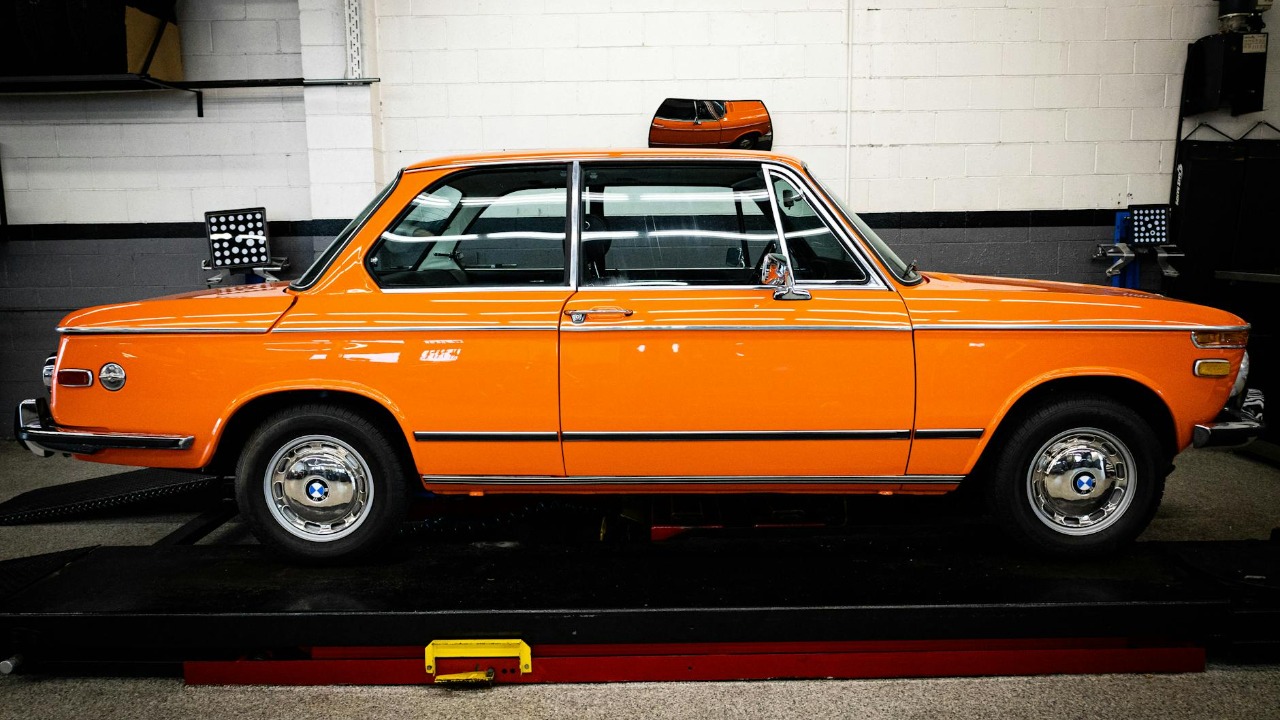
Impact of Technological Advancements
Technological advancements have also played a crucial role in the decline of two-door sedans. Modern safety regulations increasingly favor larger vehicles, as they generally offer better crash protection and come equipped with advanced safety features like automatic emergency braking and lane-keeping assist. As a result, sedans are becoming less desirable from a safety and compliance standpoint. Automakers are, therefore, focusing their efforts on producing vehicles that meet these evolving standards.
Furthermore, innovations in design and engineering have led to the development of more spacious and efficient vehicles that appeal to a wider range of consumers. The integration of connectivity and infotainment systems, such as Apple CarPlay and Android Auto, has shifted consumer expectations towards larger vehicles that can accommodate these features without compromising on space or comfort.
Environmental Considerations and Future Trends
Environmental sustainability is becoming a significant priority for both consumers and automakers. The push towards electric vehicles (EVs) and hybrids is reshaping production priorities, with companies like Volkswagen committing to a full lineup of electric models by 2030. This shift often comes at the expense of traditional two-door sedans, which struggle to compete in a market increasingly focused on sustainable options. The popularity of models like the Nissan Leaf and the Chevrolet Bolt illustrates this movement towards greener alternatives.
Additionally, evolving regulations on emissions and fuel efficiency are forcing manufacturers to rethink their offerings. Stricter guidelines from governments worldwide are pushing automakers to invest in vehicles that not only meet new standards but also resonate with consumer expectations. As electric vehicle technology advances, buyers are looking for options that combine sustainability with practicality, a combination that two-door sedans are ill-equipped to provide in the current market landscape.
More from Fast Lane Only:
- Unboxing the WWII Jeep in a Crate
- The Fastest Farm Truck Ever Built
- 10 Old Trucks That Were Built Like Tanks
- 12 Classic muscle cars still within reach for budget buyers
*Created with AI assistance and editor review.

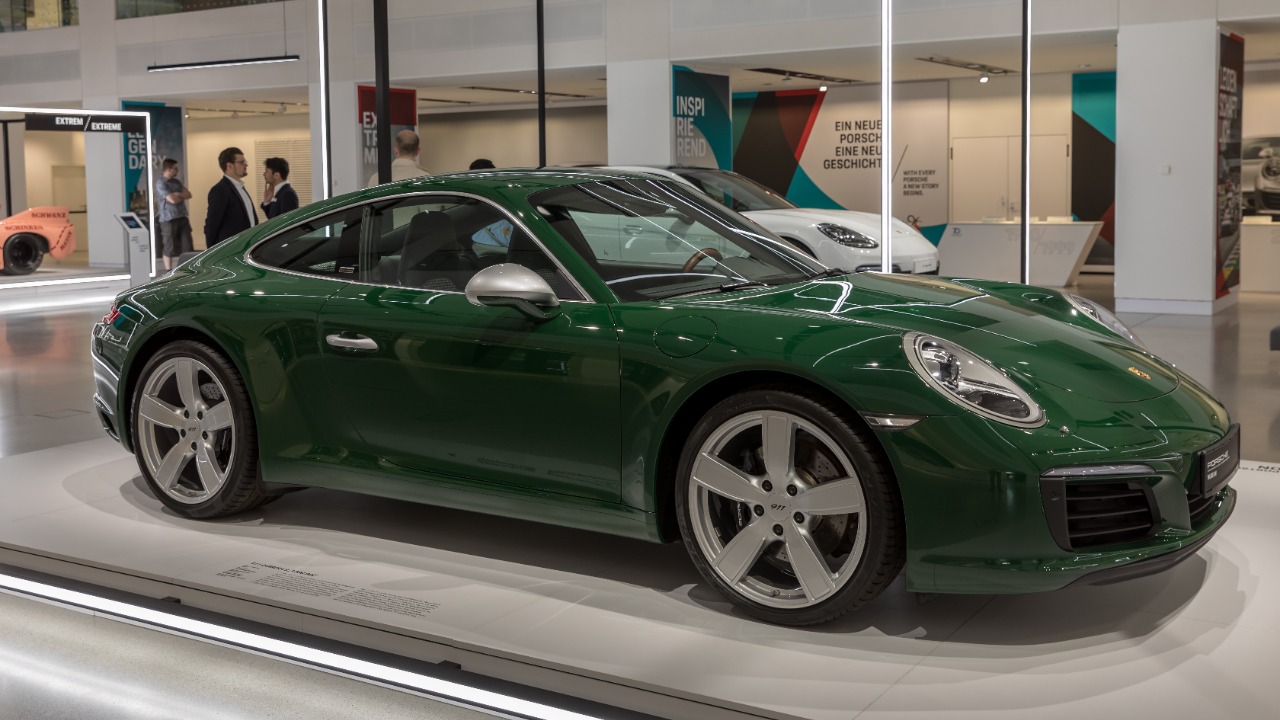
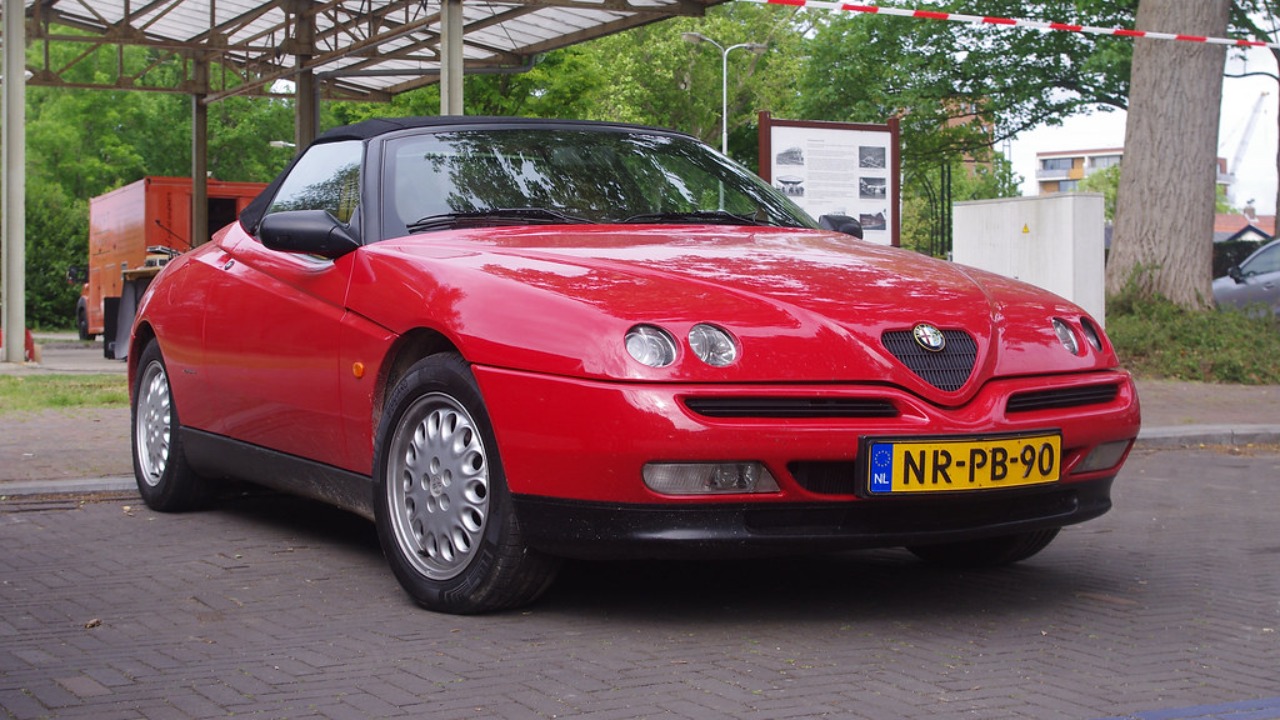
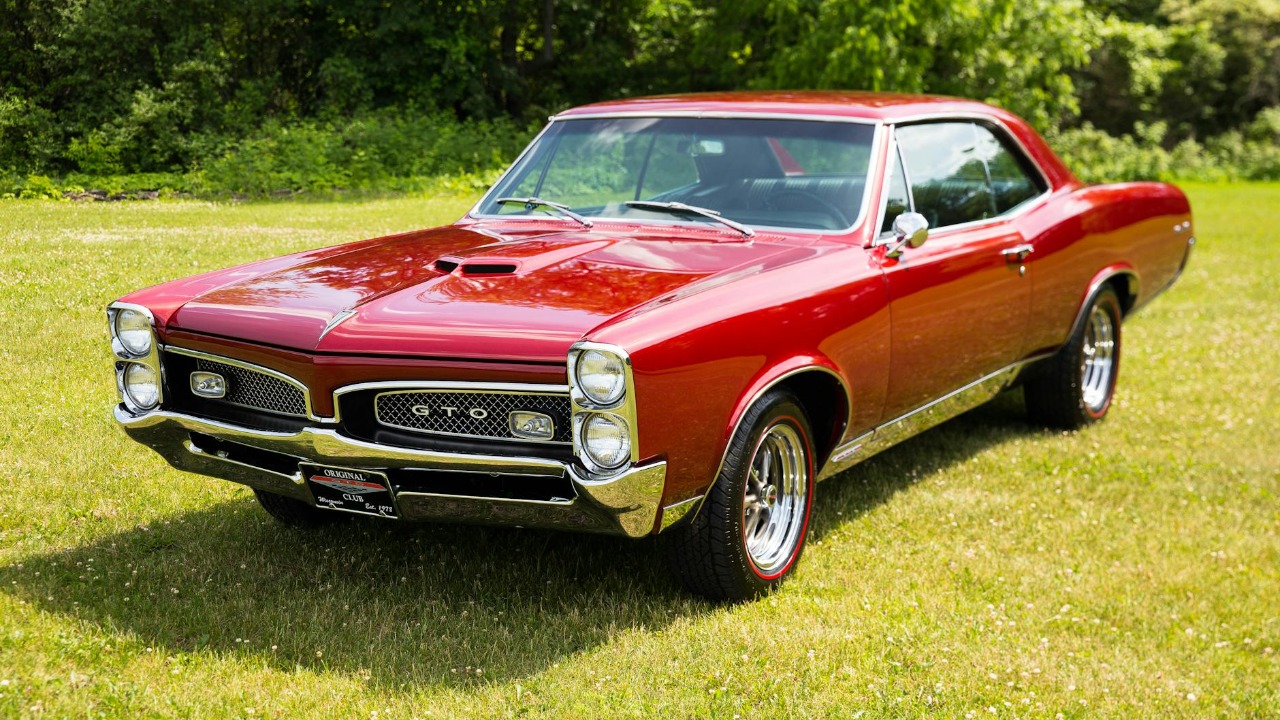
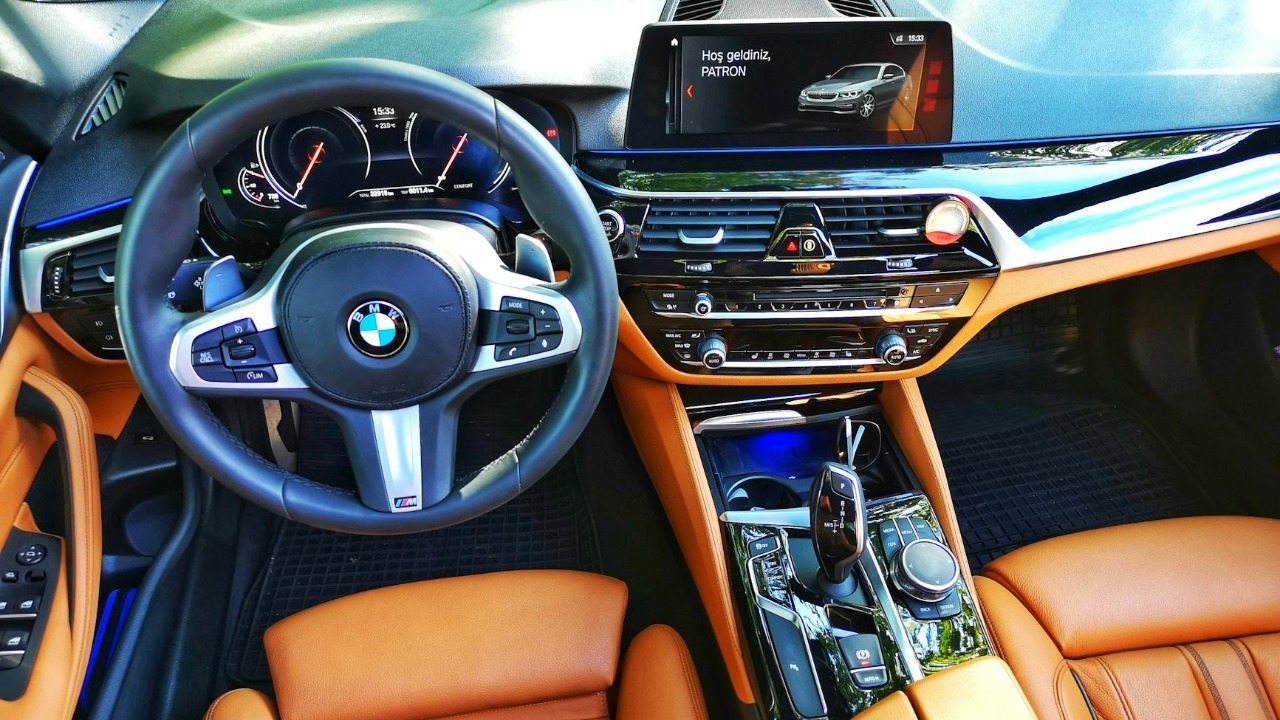
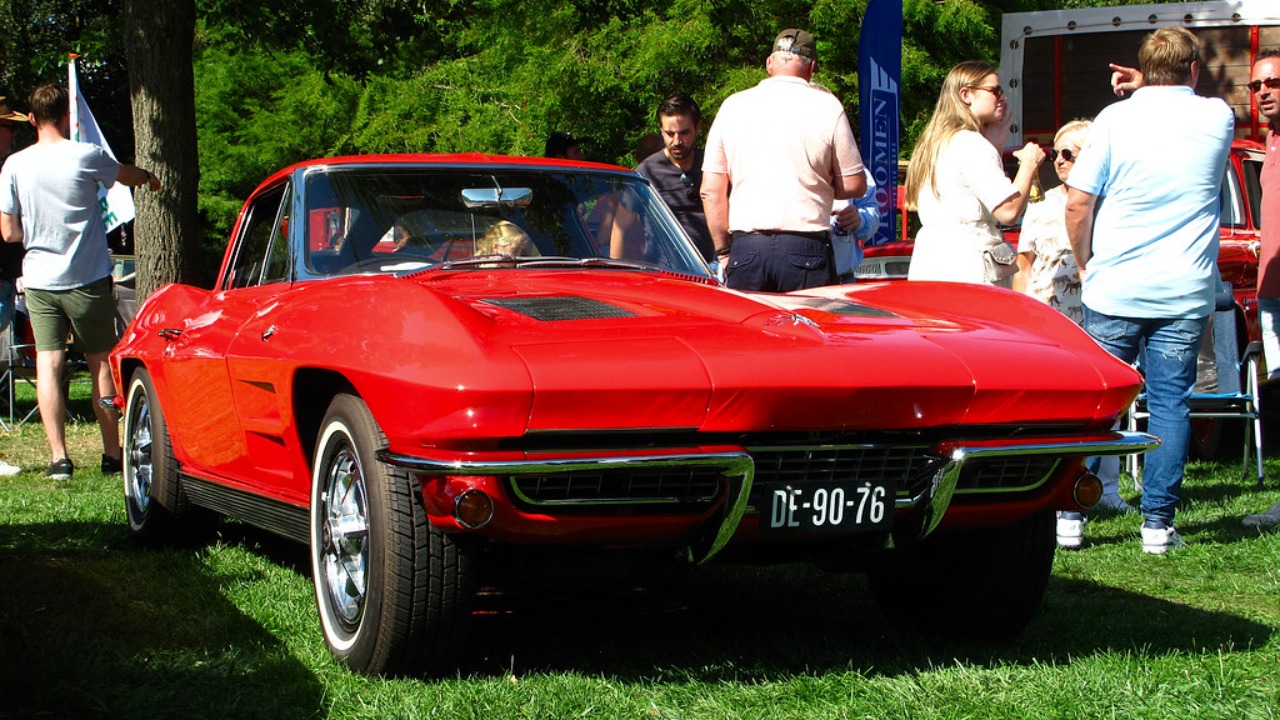
Leave a Reply